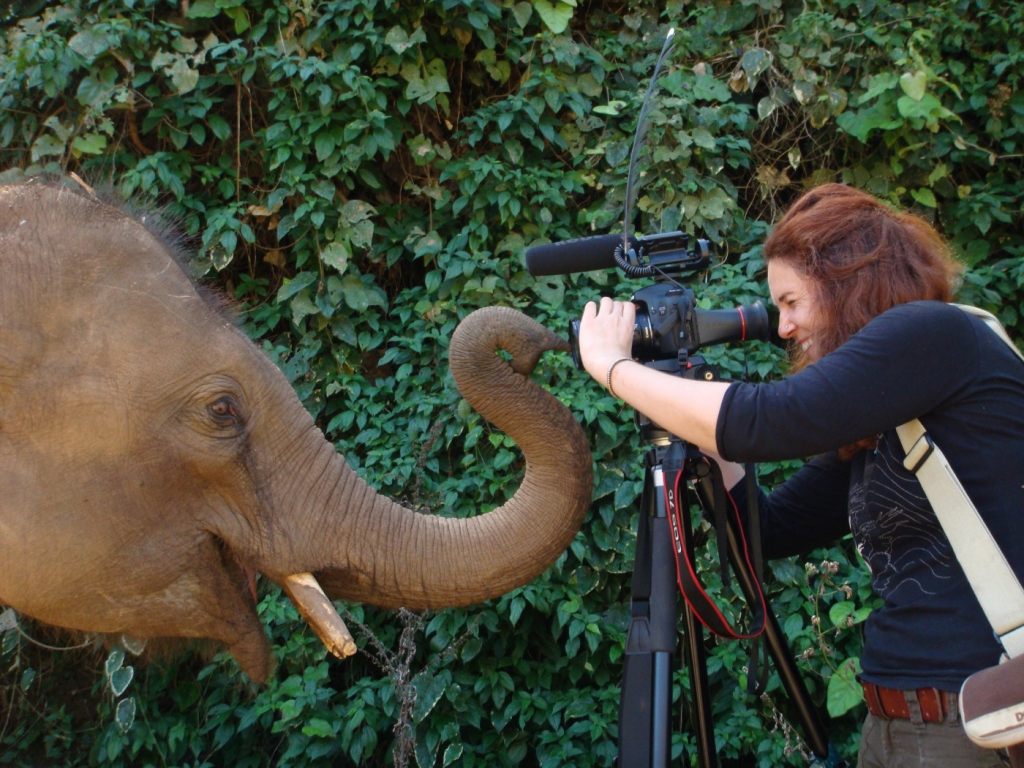
Go Animals: Jon Mooallem & Laurel Braitman at The Interval, August 12th
On Tuesday August 12, 02014 The Interval presents authors Jon Mooallem (Wild Ones) and Laurel Braitman (Animal Madness, TED Fellow) in conversation. Tickets are now on sale!
Go Animals
Tuesday, August 12, 02014 at 7:30pm
at The Interval (doors at 6:30)
Advanced Tickets are encouraged as space is limited
Jon Mooallem and Laurel Braitman share a focus on the link between animals and humans. Mooallem’s book Wild Ones reports from the front lines of endangered species conservation with wry humor and historical perspective. While in Animal Madness Braitman, who has a PhD in the history and anthropology of science from MIT, looks at attitudes toward mental health in animals and people over time.
Their collaborative presentation will cover each of their books, lots of animals, their similarities and differences as natural history detectives, and more. Tickets are still available. But, like all our Interval salon talks, space is limited and we expect it will sell out.
Long Now’s salon events happen on Tuesday nights at The Interval our bar/cafe/museum at Fort Mason Center in San Francisco. The lineup of upcoming talks is growing. Check out the full list here.
Coming soon to The Interval: Mat Burrows‘ book The Future Declassified is based on his expertise in forecasting global scenarios for the US Government–he’ll discuss the serious challenges ahead scenarios for the year 02030 on September 23rd. And on September 30, Ariel Waldman gives an inside perspective on The Future of Human Spaceflight and the recently published study by the Congressional advisory committee she sat on. Watch our site, tickets for these talks will be on sale soon.
Interval donors hear about our events first: there is still time to become a charter donor.
Join our newsletter for the latest in long-term thinking
Subscribe
